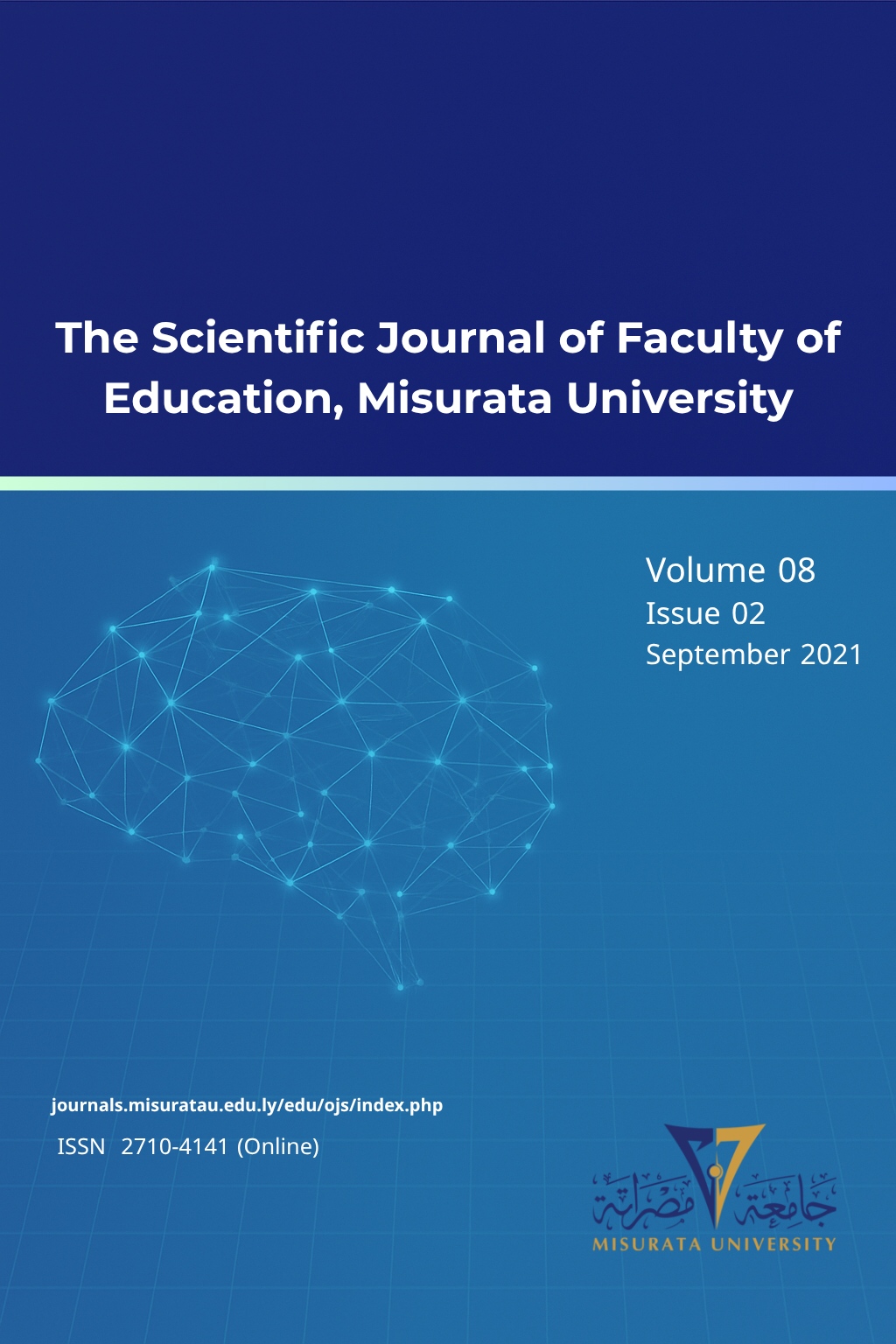The leadership style of the school principal and its relationship with teachers' self-efficacy in public schools
Abstract
School administration is a matter of concern for everyone working in the field of education, as the school is the actual arena where efforts converge to prepare, educate, and nurture future generations according to clear educational policies. These policies are implemented by qualified educational staff who turn the school into an educational environment capable of fulfilling its mission. Given the importance of the school, the way it is managed and the working methods adopted within it form the backbone of its success in carrying out its intended mission.
The leadership behavior of school principals is a crucial and influential factor in terms of the school’s effectiveness and its ability to develop and fulfill its educational mission. The leadership style of the school principal is a key contributor to school effectiveness and is linked to teachers' self-efficacy. The presence of an effective school principal is of utmost importance in enhancing school reform, especially in Libya, where the country has gone through years of security instability and the impacts of the COVID-19 pandemic. This makes the need for strong leadership particularly urgent.
There is no doubt that the educational process cannot proceed efficiently and properly without wise leadership that weighs matters in the balance of common interest and works toward achieving educational goals based on future visions while taking into account the material and human resources available to the educational institution.
Traditional leadership styles of school principals are no longer effective in creating a positive educational environment that fosters collaboration among teachers and between them and the school administration. These modern leadership approaches help improve institutional performance, respond effectively to changes in the school’s working environment, and enhance teachers’ self-confidence, sense of belonging, and motivation to achieve effective performance.
Work within a school requires the coordination of efforts among all staff members. The principal plays a vital role in managing administrative tasks and providing the necessary resources to psychologically support teachers and motivate them to fulfill their educational and teaching responsibilities. This, in turn, encourages students to engage positively with the information provided by their teachers, contributing to their cognitive, emotional, and social development. The learner ultimately reflects the coordinated efforts aimed at achieving the school’s objectives.










